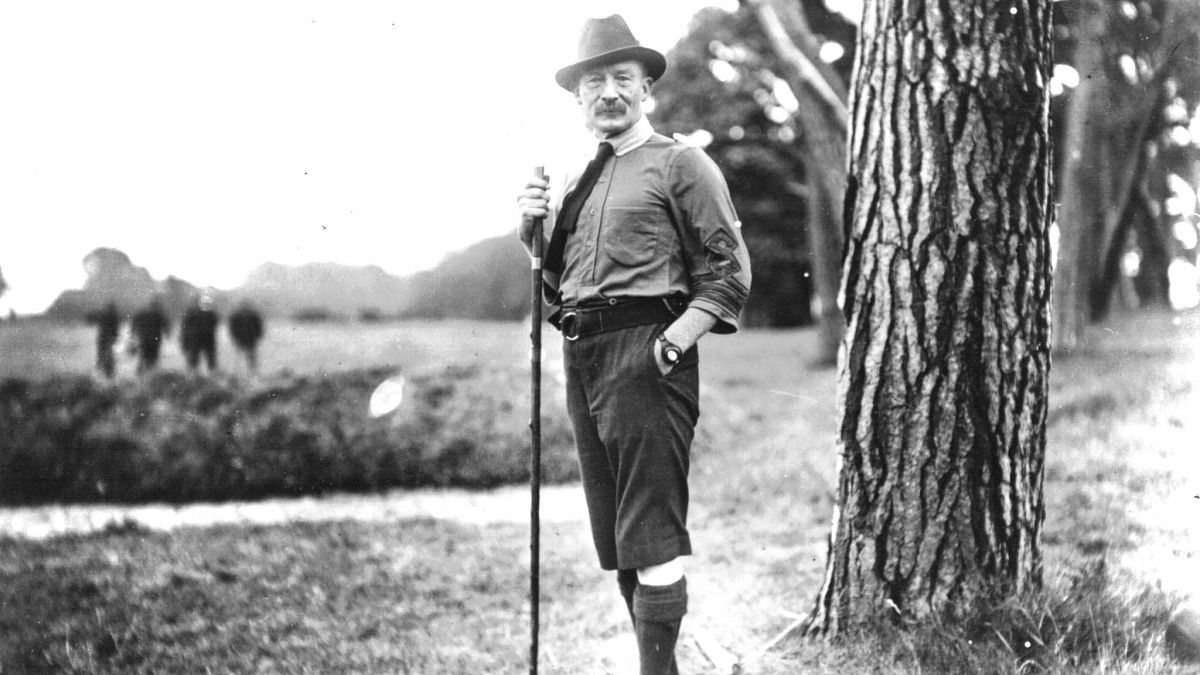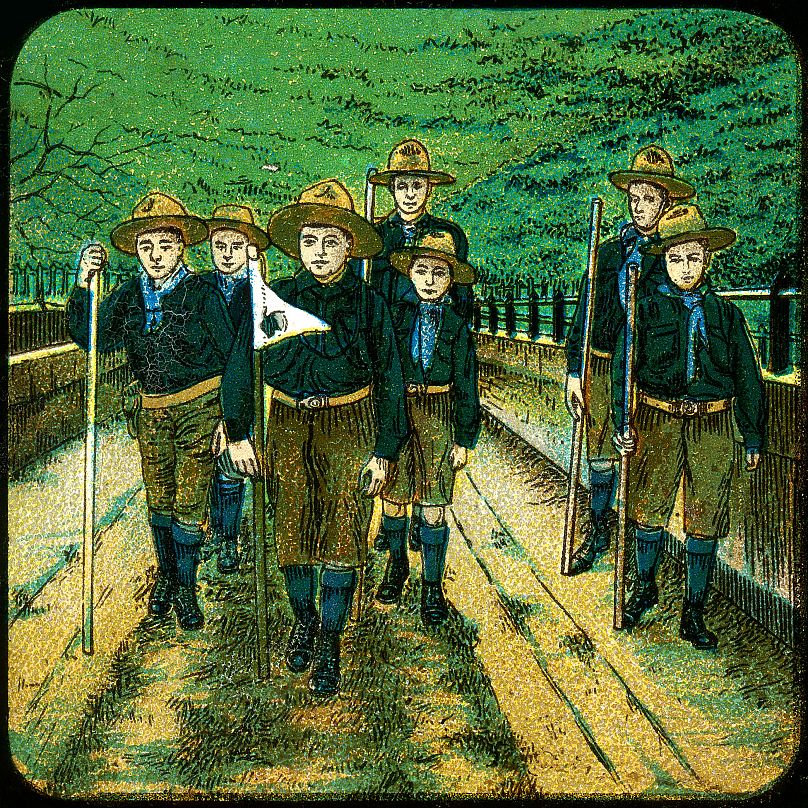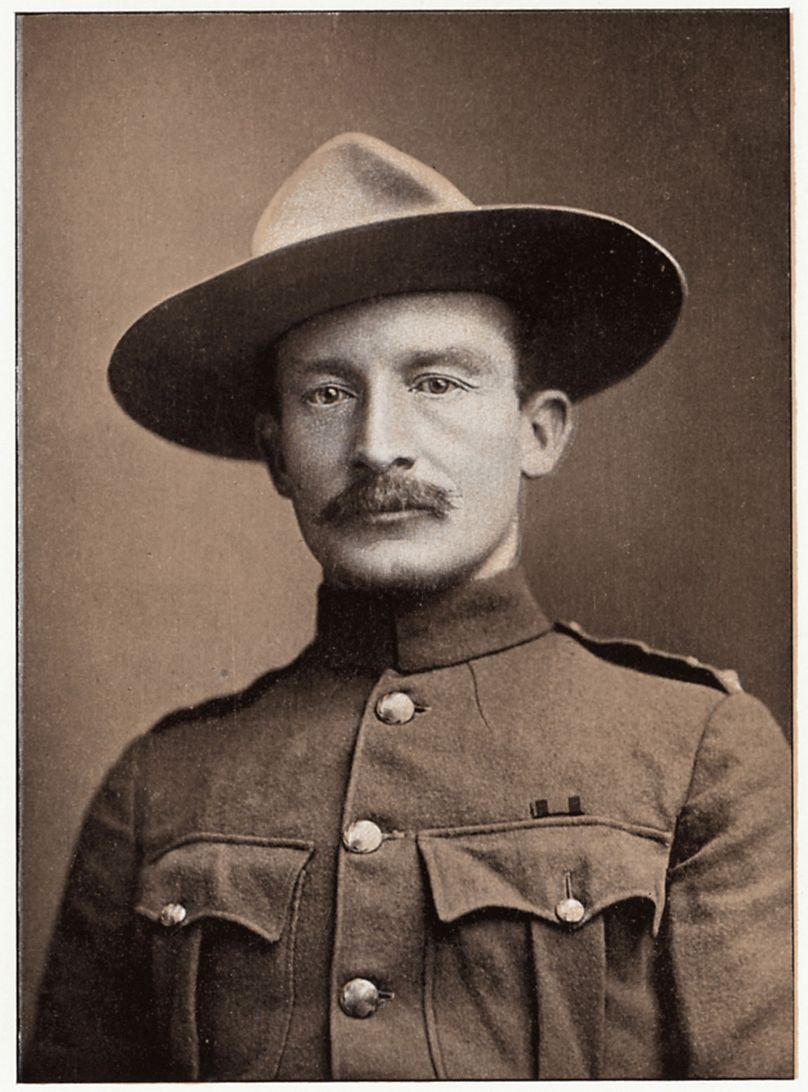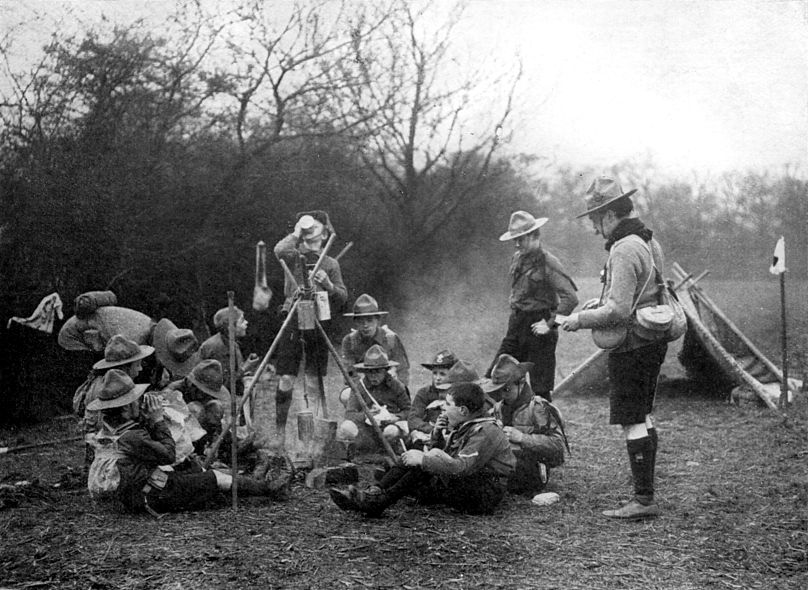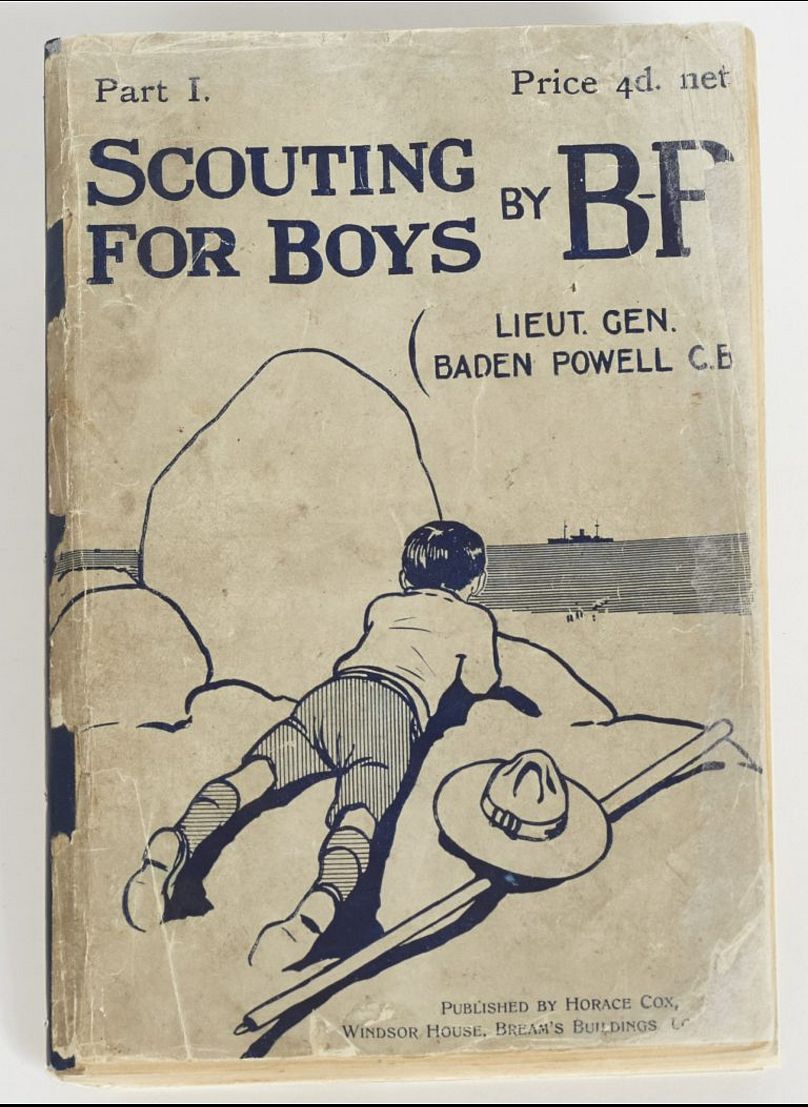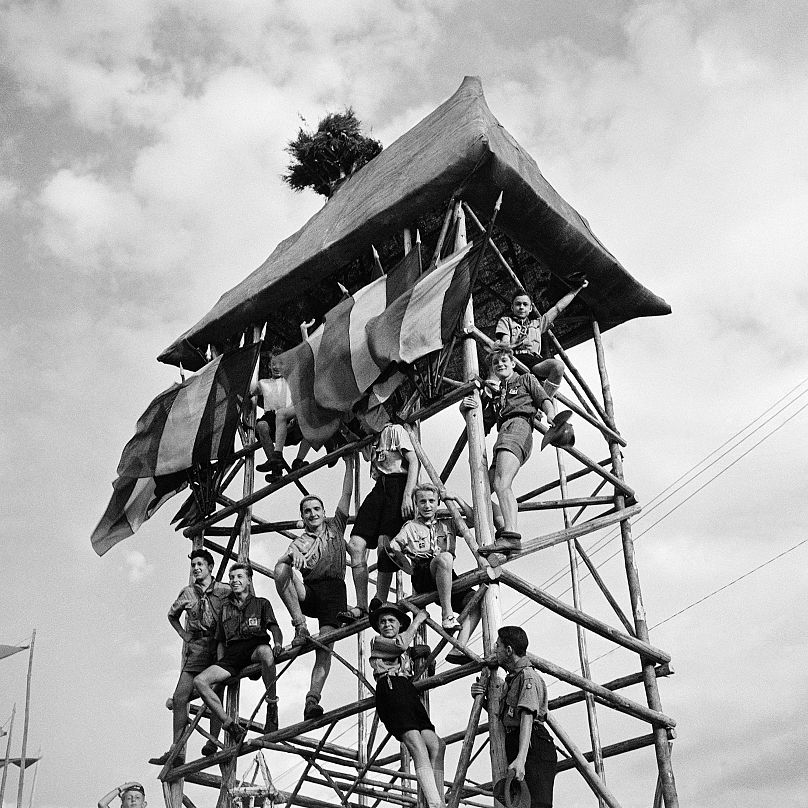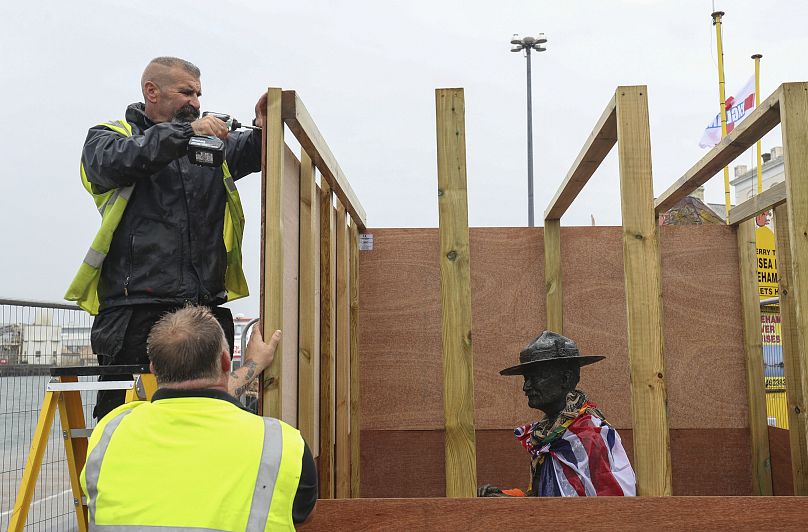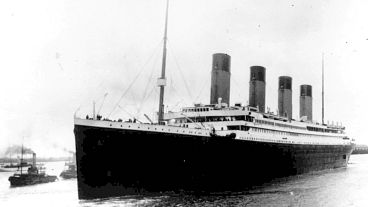On this day in 1907, the first ever Scouting event kicked off, paving the way for the long-established organisation.
On 1 August 1907, the first ever Scout camp took place on the idyllic Brownsea Island in Dorset, southern England.
Organised by war hero Lieutenant-General Robert Baden-Powell to test his ideas for the book ‘Scouting for Boys’, the event brought twenty boys from different social backgrounds together.
Running for a week, the group participated in activities including camping, woodcraft, chivalry, lifesaving and patriotism. It’s since been regarded as the origin of the worldwide Scout movement - an organisation which still boasts over 50 million members.
Origins in South Africa
Baden-Powell had become a national hero during the Boer War (1899 - 1902) following his victory at the Siege of Mafeking, South Africa. There, he worked alongside a military group known as the Mafeking Cadets.
Made up of local boys aged 12 to 15, they took on non-combative roles including stretcher bearers and messengers and impressed Baden-Powell with their courage and resourcefulness.
Following the war, he published popular books on military scouting and worked with William Alexander Smith, founder of the already established Boys' Brigade to set up a scouting wing.
While writing 'Scouting for Boys', published in 1908, Baden-Powell decided to test out his ideas, choosing the island location in Poole Harbour, known for its population of rare red squirrels.
A reaction to societal standards
At the time, Edwardian society was occupied with the concern that Britain was not developing useful citizens.
The Boer war had shone a light on high levels of poor nutrition and a lack of skills among would-be recruits.
As a result, the nation had an appetite for schemes that they would help address these issues.
Baden-Powell strongly felt that the next generation could play an active role in their communities from a young age, creating better, more productive workers when they reached adulthood.
High jinks on Brownsea Island
His aim was to see if his proposed calendar of activities would appeal to all sections of society so he recruited a broad range of boys. Ten hailed from private schools and a further ten were of local Boys Brigades.
They ranged in age from 10 to 16 years old and were divided into four patrols: wolves, bulls, curlews and ravens, with four of the older boys given the rank of Patrol Leader.
Their uniforms featured shoulder knots of coloured ribbon which marked their individual patrols as well as triangular pennants which showed an image of their patrol animal.
These outfits later became standard Scouting uniforms.
The week’s activities which included navigation, observation and tracking proved successful and the response was the encouragement Baden-Powell needed to publish ‘Scouting for Boys’.
While the book was initially supposed to be a tailored training programme for use by other organisations, it became so popular that, by 1910, Baden-Powell formed The Boy Scouts Association.
A blossoming organisation
Two years later, there were over 100,000 Scouts in the UK - that number included some of the boys from the Brownsea Island camp.
While six of them lost their lives in the first world war, others took part in reunions as the organisation grew ever larger.
As the movement got larger, other specialised units were added to the programme including the Sea Scouts and Air Scouts.
Young girls were also keen to get involved and, as in response, Baden-Powell and his sister Agnes introduced the Girl Guides in 1910, as a parallel movement for women enthused by the outdoors.
Baden Powell's legacy
Baden-Powell gave himself the title of Chief Scout, a position he held until his death in 1941. In 2002, he came in at number 13 in a BBC list of the 100 Greatest Britons following a UK-wide vote.
While the organisation he founded remains popular and his legacy can’t be underestimated, some critics say that he held homophobic and racist views, as well as sympathised with fascists including Adolf Hitler and Benito Mussolini.
In 2020, following Black Lives Matter protests in the UK, the local council spoke of their intention to remove a statue of Baden-Powell in Poole Harbour, over fears of its safety.
The decision came after the removal of a statue of slave trader Edward Colston in Bristol but was met with opposition. The monument to the founder of the Scout movement remains boarded up - a blot on the landscape close to where it all began.
